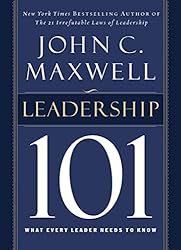Edith Wharton (/ˈhwɔːrtən/; born Edith Newbold Jones; January 24, 1862 – August 11, 1937) was an American novelist, short story writer, playwright, and designer. Wharton drew upon her insider’s knowledge of the upper class New York “aristocracy” to realistically portray the lives and morals of the Gilded Age. In 1921, she was the first woman to win the Pulitzer Prize for Literature. She was inducted into the National Women’s Hall of Fame in 1996.[1]
Wharton wrote and told stories from an early age.[14] When her family moved to Europe and she was just four or five she started what she called “making up.”[14] She invented stories for her family and walked with an open book, turning the pages as if reading while improvising a story.[14] Wharton began writing poetry and fiction as a young girl, and attempted to write her first novel at age eleven.[15] Her mother’s criticism quashed her ambition and she turned to poetry.[15] At age 15, her first published work appeared, a translation of a German poem “Was die Steine Erzählen” (“What the Stones Tell”) by Heinrich Karl Brugsch, for which she was paid $50. Her family did not want her name to appear in print, since writing was not considered a proper occupation for a society woman of her time. Consequently, the poem was published under the name of a friend’s father, E. A. Washburn, a cousin of Ralph Waldo Emerson who supported women’s education.[16] In 1877, at the age of 15, she secretly wrote a 30,000 word novella Fast and Loose. In 1878 her father arranged for a collection of two dozen original poems and five translations, Verses, to be privately published.[17] Wharton published a poem under a pseudonym in the New York World in 1879.[18] In 1880 she had five poems published anonymously in the Atlantic Monthly, an important literary magazine.[19] Despite these early successes, she was not encouraged by her family or her social circle, and though she continued to write, she did not publish anything more until her poem “The Last Giustiniani” was published in Scribner’s Magazine in October 1889.[20]


















